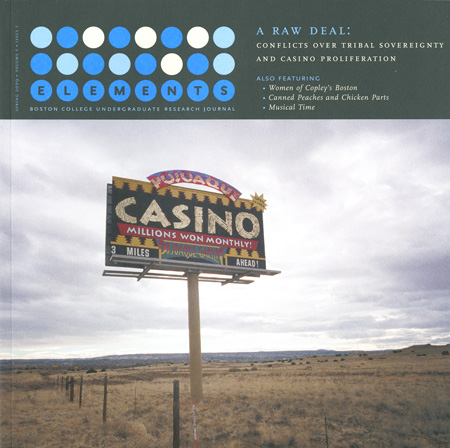A Raw Deal: Conflicts Over Tribal Sovereignty and Casino Proliferation
DOI:
https://doi.org/10.6017/eurj.v5i1.8905Keywords:
Spring 2009, social science, political science, lawAbstract
Federalism has played an important role in the explosion of legalized gambling in the United States in the last two decades. Indian gaming, in particular, has challenged state and national governments to come to terms with the place of American Indian tribes within the federalist system and organize a meaningful framework for the expansion of gaming on tribal lands. Now largely controlled by a federal statutory framework, Indian gaming has left states in a subordinate position in negotiating the establisment of major casino enterprises within their own borders. Confusion in states' rights during negotiations has further weakened their bargaining position, leading to extensive tribal casino development. The cooperation between states and tribes and states and casino corporations have facilitated casino proliferation throughout the United States, a trend that appears destined to contiue until the market is fully saturated.Downloads
Published
2009-04-01
How to Cite
Mooney, T. (2009). A Raw Deal: Conflicts Over Tribal Sovereignty and Casino Proliferation. Elements, 5(1). https://doi.org/10.6017/eurj.v5i1.8905
Issue
Section
Articles
License
Copyright (c) 2015 Elements

This work is licensed under a Creative Commons Attribution 4.0 International License.

